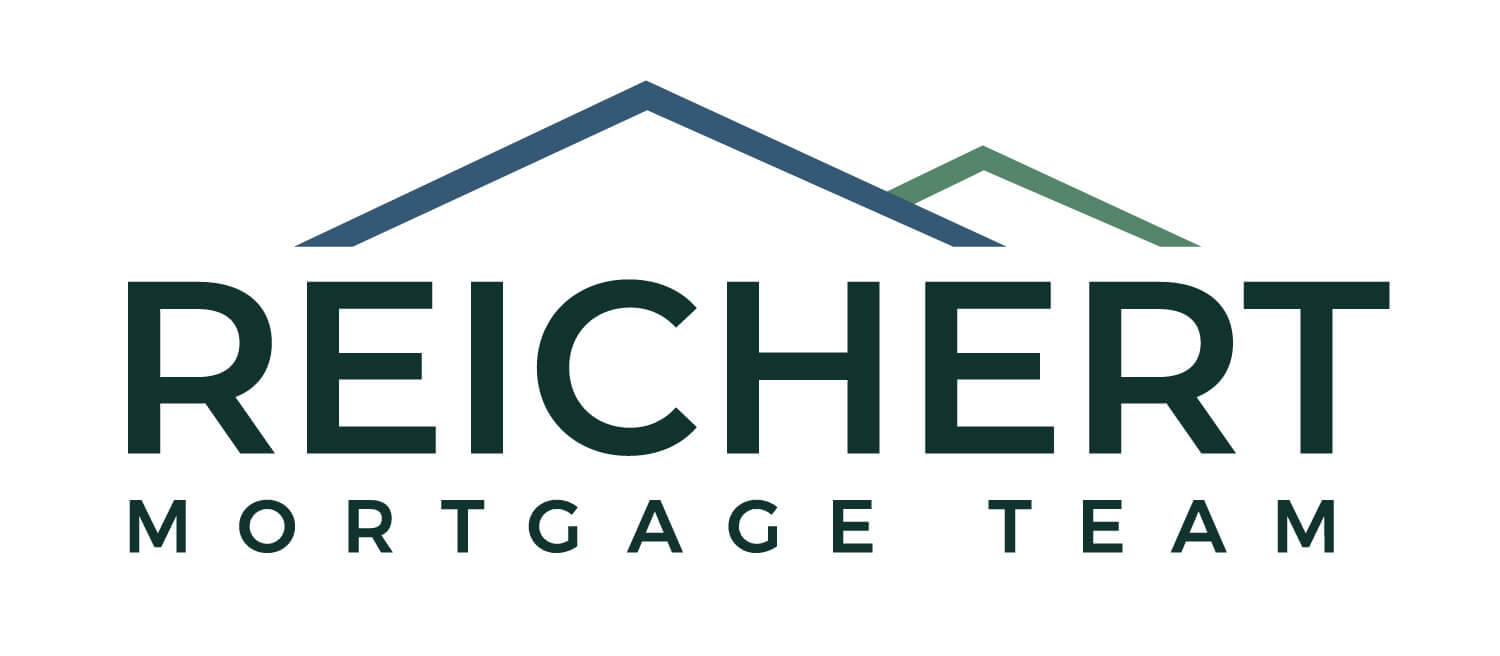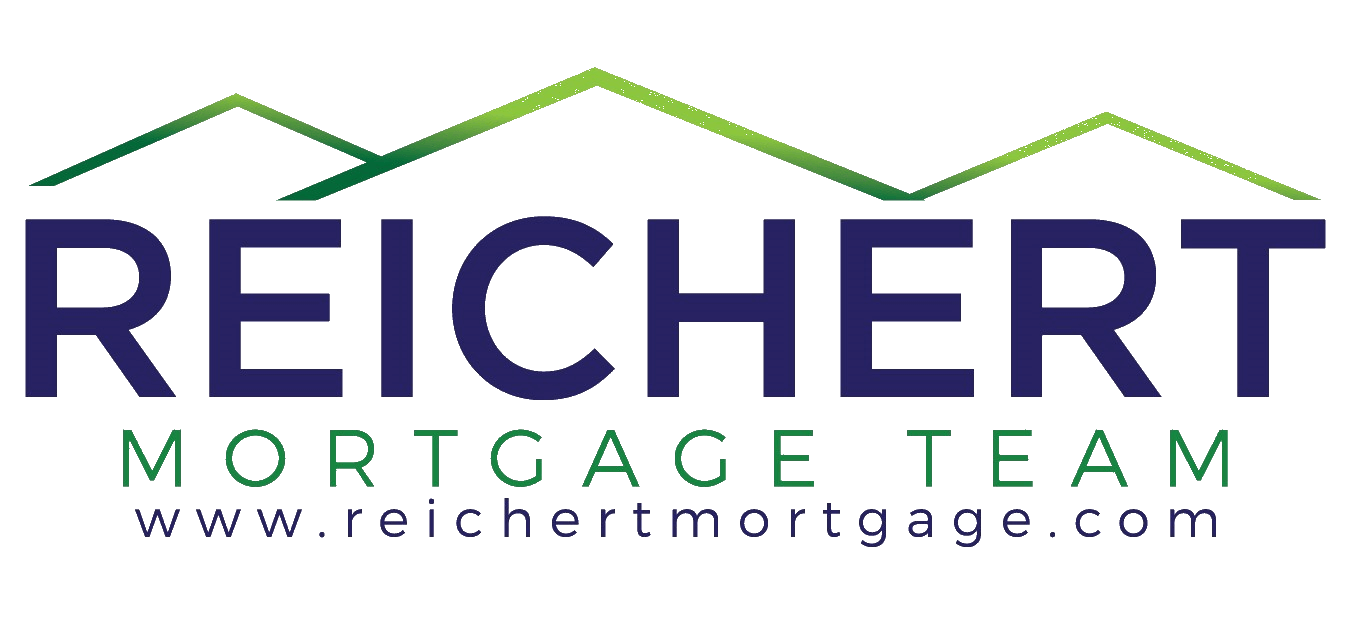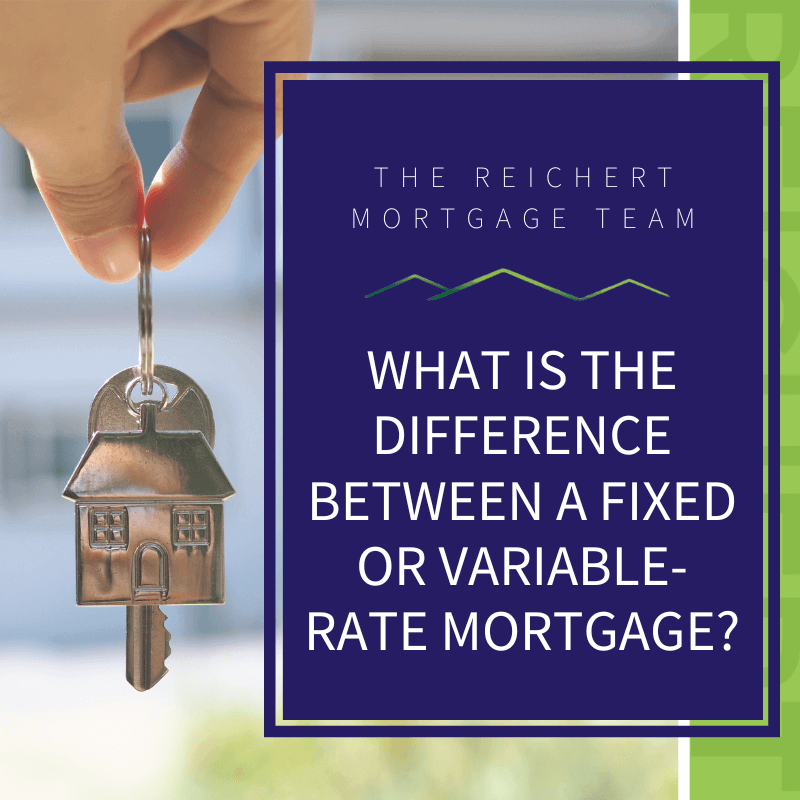When looking at financing options for your dream home, one of the most important considerations you will need to make is choosing a fixed or variable-rate mortgage. Depending on what loan type you select, this will determine what your monthly mortgage payment will be and how much your mortgage is overall. You may be tempted to select the home loan with the lowest rate. However, both fixed and variable-rate mortgages have great advantages and disadvantages. It is crucial to understand these differences and pros and cons to make the best decision for you, your family, and your home.
At the Reichert Mortgage Team, a mortgage company in Colorado Springs, we take pride in assisting the Colorado community with the best mortgage solutions. As a full-service mortgage broker, we offer several home loan programs designed to get you the highest quality loan possible. Our team of mortgage professionals will work with you to understand your financial situation when it comes to purchasing a home. At the Reichert Mortgage Team, it is our mission to find you the perfect loan to purchase a home in Colorado. Regardless if you want a fixed vs. variable-rate mortgage or vice versa, we are here to help you throughout the entire home loan process.
If you want to know what is the difference between a fixed or variable-rate mortgage, keep reading to learn more from the experts at the Reichert Mortgage Team!
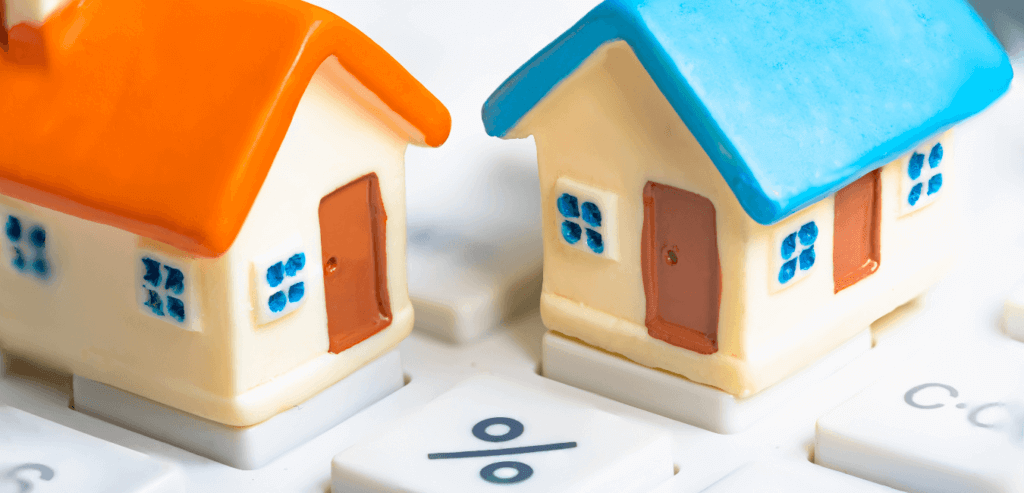
What is a Fixed-Rate Mortgage?
A fixed-rate mortgage means that the interest rate stays the same for the entire length of the loan. Regardless of interest rates changing, your home loan will keep the same rate. This means that you will know exactly how much you will pay each month for your mortgage.
Depending on your loan terms, you will pay varying amounts of principal and interest each month, but your total monthly payment will not change. This makes it very easy for a homeowner to budget a mortgage payment each month.
The total amount of interest that you pay each month depends on the length of your mortgage. For example, a 30-year fixed-rate mortgage is common because it offers homeowners the lowest monthly payment. However, keep in mind that while your monthly payment will not change and it might be low, you will be paying more over time in interest for a mortgage with a longer loan period.
Should you take out a mortgage with a shorter term, such as a 15-year mortgage, your monthly payments will be higher. Shorter-term mortgages are also less expensive for homeowners because the loan can be paid back faster and does not accumulate as much interest.
What is a Variable-Rate Mortgage?
A variable-rate mortgage, or adjustable-rate mortgage, differs from a fixed-rate mortgage. Variable mortgages do not have the same consistent interest rate as a fixed-rate mortgage. This means that your monthly payments will not be the same, as the interest rate on your mortgage will change over time.
Once you initially take out an adjustable mortgage, the beginning interest rate on the loan will be set below the market rate as compared to a comparable fixed-rate loan. You will have a fixed period where the interest rate will remain the same. Once the fixed period is over, the interest rate on your loan will reset to match current market rates.
You will continue to pay the new interest rate on your loan until your loan adjusts again, which depends on how frequently you have decided the interest rate will change. Generally, adjustable-rate mortgages are held long enough that the interest rate will be higher than the rate for fixed-rate mortgages. However, the interest on variable-rate mortgages changes with time, so you must remember that the interest rate on these loans can be extremely high, low, or somewhere in the middle.
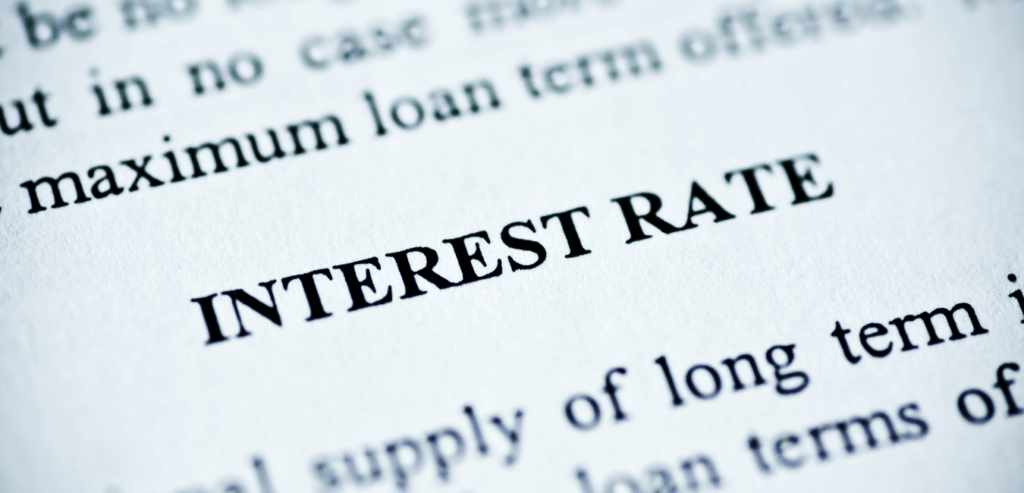
Pros and Cons of Fixed-Rate Mortgages
Fixed-rate mortgages are extremely popular among homeowners across the country. These types of mortgages make budgeting each month easier and less stressful. However, you may be surprised to learn that fixed-rate mortgages have some downsides, too.
Advantages of Fixed-Rate Mortgages
Fixed mortgages are more common than adjustable home loans. There are many pros of fixed-rate mortgages that make this loan type popular across Colorado and the United States. These advantages of fixed-rate mortgages include:
- Consistency. One of the most enticing reasons why homeowners opt for fixed-rate mortgages is that their monthly payment amounts will not change. You will know what you will be paying each month for the life of the loan because the interest rate does not change.
- Simplicity. Fixed mortgages are much easier to understand as compared to variable-rate mortgages. These types of mortgage loans do not change much between lenders.
Disadvantages of Fixed-Rate Mortgages
Fixed mortgages do have some cons. For these reasons, some homebuyers opt for a variable-rate mortgage instead. These disadvantages of fixed-rate mortgages include:
- Cost. Depending on the interest rate of your home loan, you may be spending more over time than compared with an adjustable-rate mortgage. It is possible that your variable mortgage may have a lower interest rate if market conditions are good.
- Qualification. If you are searching for a home while interest rates are high, this can make getting a mortgage difficult. You may not be able to qualify for a fixed-rate mortgage if payments become less affordable for homeowners.
Pros and Cons of Variable-Rate Mortgages
While variable-rate mortgages are less common than fixed mortgages. These home loans offer many benefits to homeowners. However, before deciding on what type of home loan you want, you should consider the cons as well.
Advantages of Variable-Rate Mortgages
Variable-rate mortgages have the potential to save you money over time. There are many pros to this type of mortgage, including:
- Low initial payments. For the first year to a few years of your loan, the interest rate on your mortgage will be considerably lower than a fixed-rate mortgage. This means you will have low monthly payments at the beginning of the loan term.
- Potentially lower interest rates. The internet rates for variable-rate mortgages change with market conditions. If interest rates are low, this means the interest rate on your mortgage may be lower than fixed mortgages.
Disadvantages of Variable-Rate Mortgages
Adjustable-rate mortgages do have a downside when it comes to taking out this type of home loan. The disadvantage of variable-rate mortgages includes:
- Changing payments. This type of mortgage is very unpredictable due to changing interest rates. Therefore, your monthly payments can change significantly during the life of the loan. This is the largest downside to this type of mortgage.
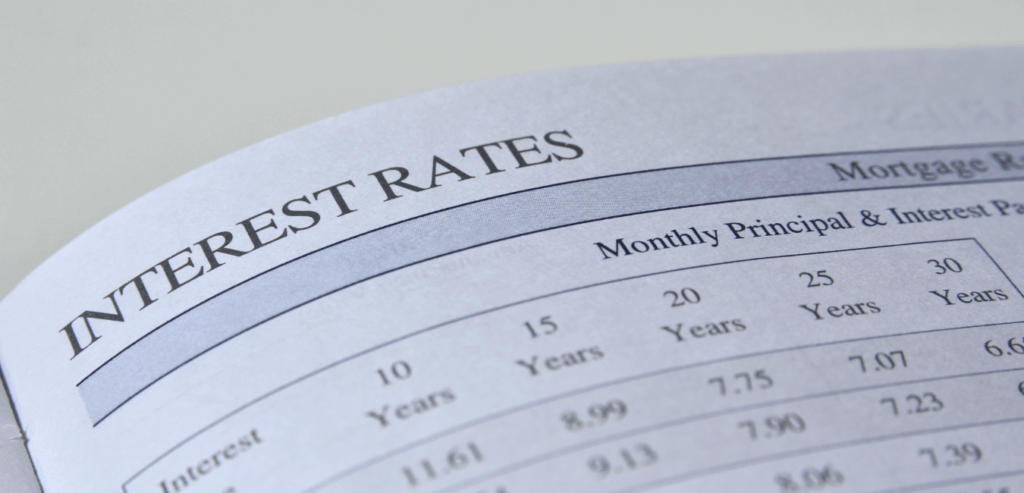
Find the Perfect Mortgage With the Reichert Mortgage Team
During the home buying process, one of the most important factors that you will consider is fixed-rate mortgages vs. variable-rate mortgages. Understanding the difference between these two types of home loans is essential to understanding what you can afford in a mortgage. By understanding fixed and variable mortgages, their mortgage rates, and their pros and cons, you will have a better understanding of what type of mortgage is best for you.
At the Reichert Mortgage Team, a mortgage broker in Colorado, we specialize in finding individuals the perfect mortgage. Our mortgage experts will work with you to understand your financial situation to see if a fixed-rate mortgage or a variable-rate mortgage would work best for you. It is our goal to get you the best mortgage possible so you can purchase the home of your dreams. If you have any questions about different types of mortgages, or if you are ready to get pre-approved today, contact the Reichert Mortgage Team!
